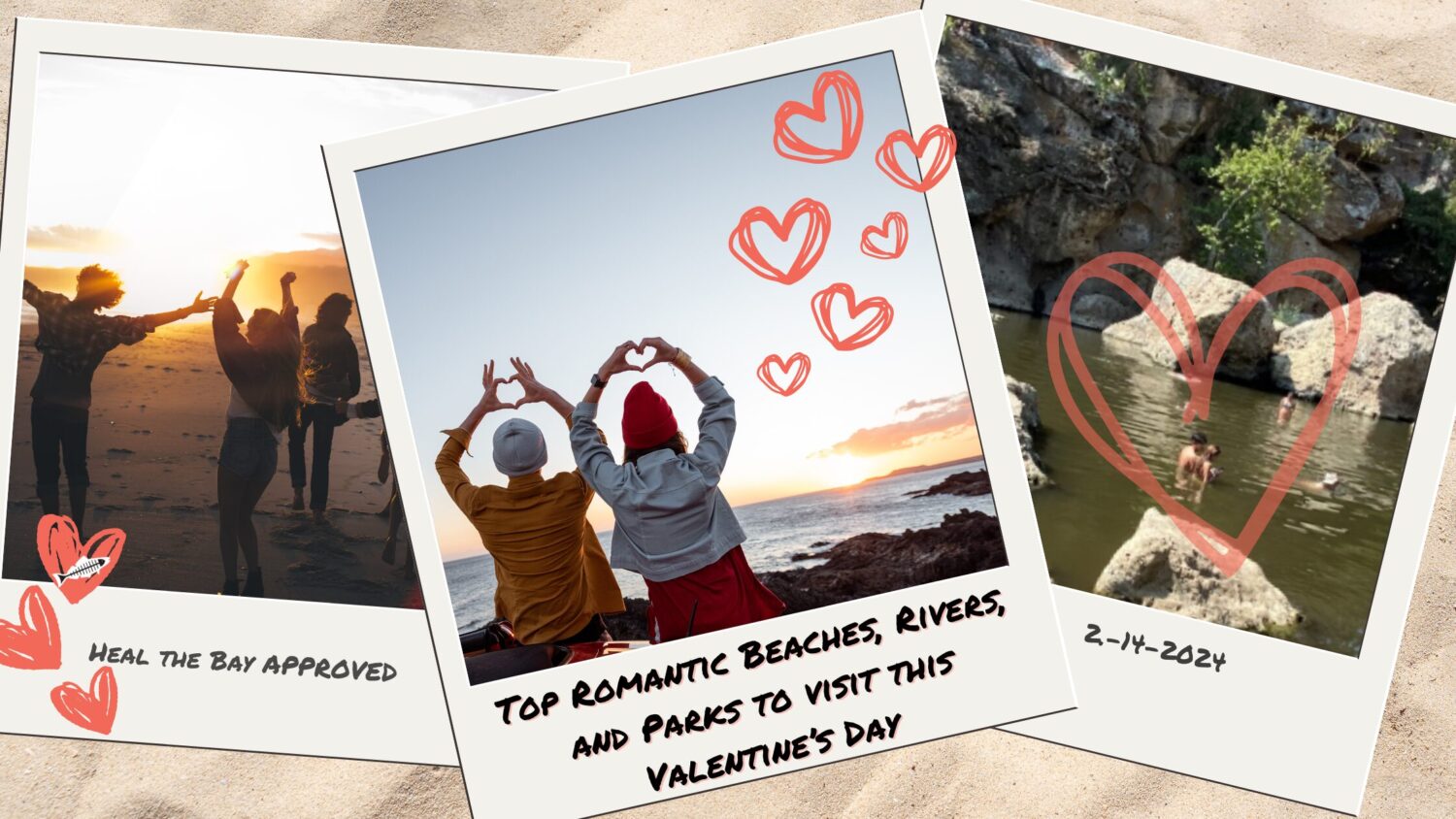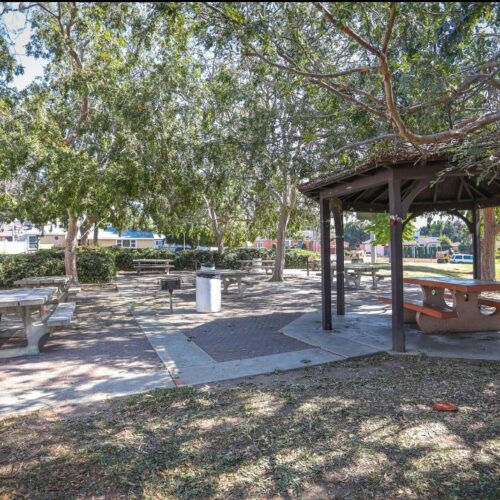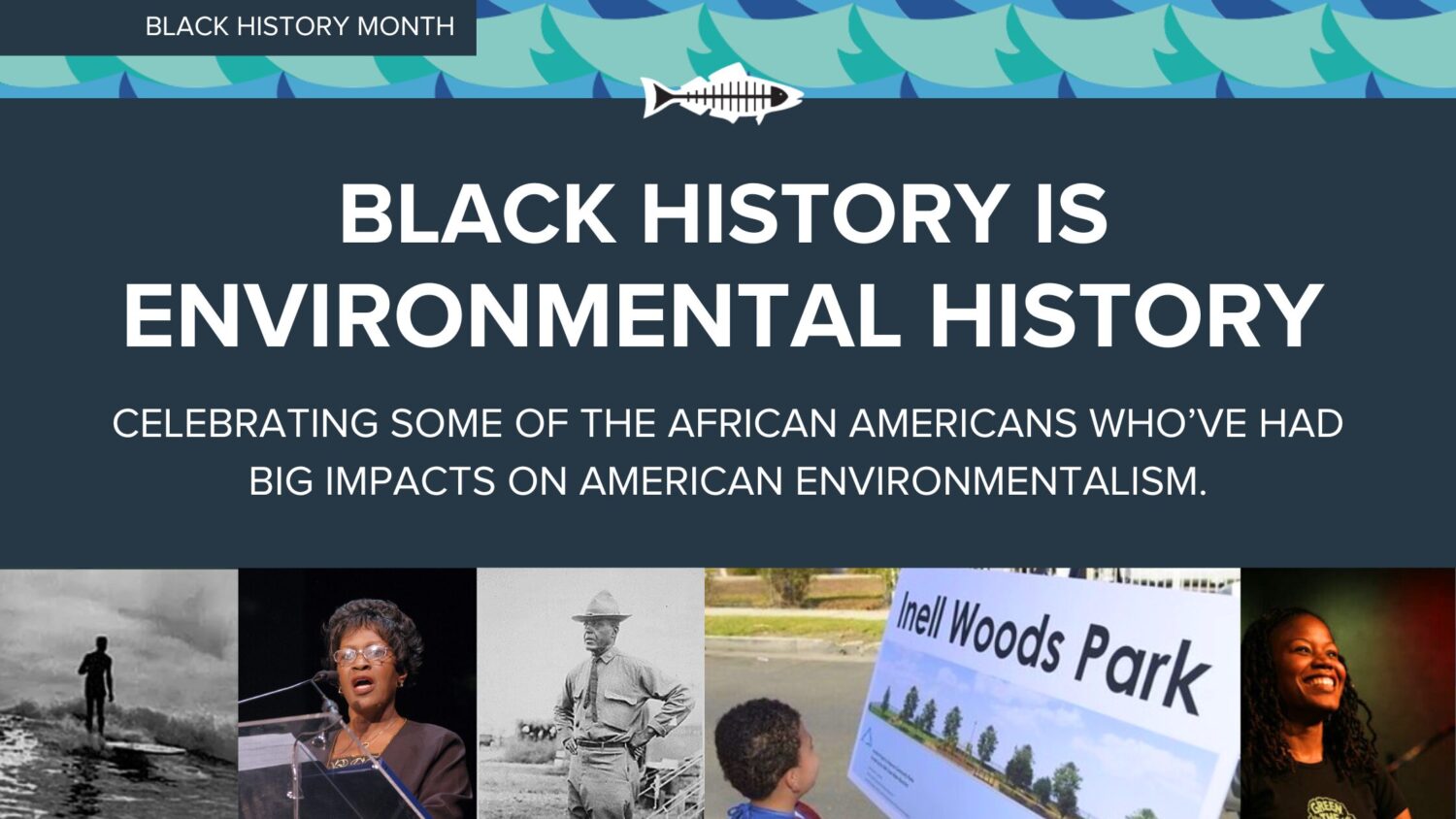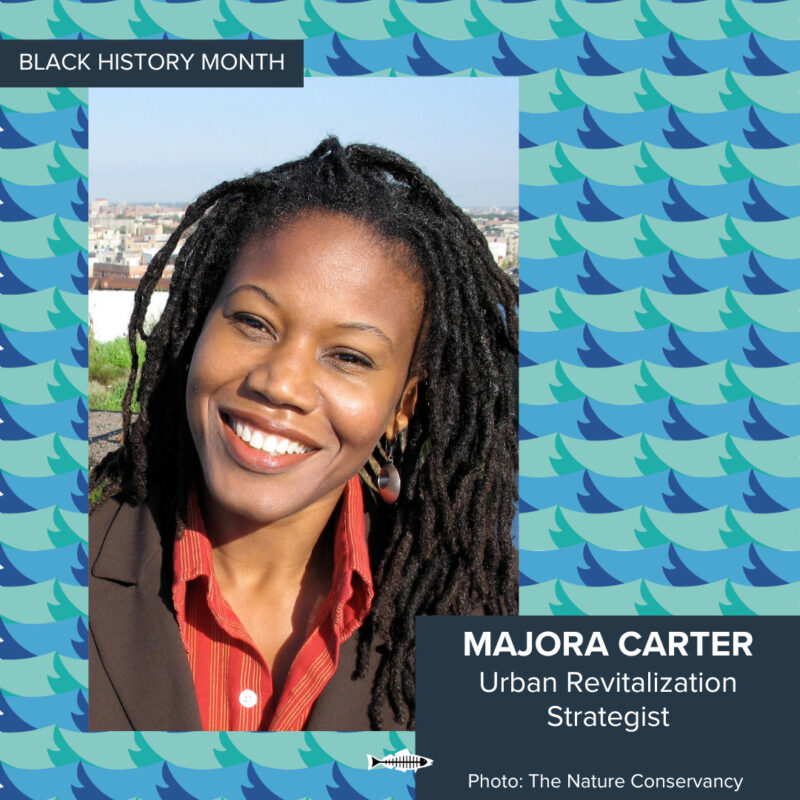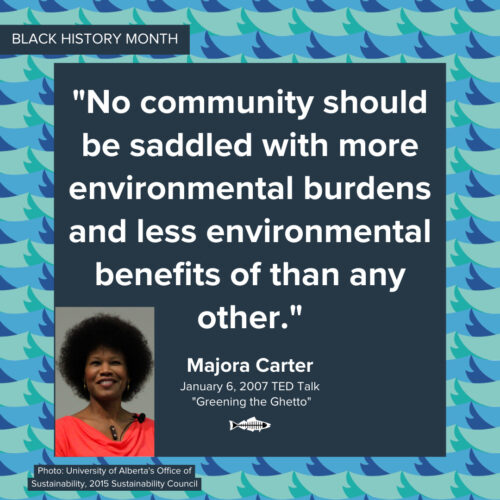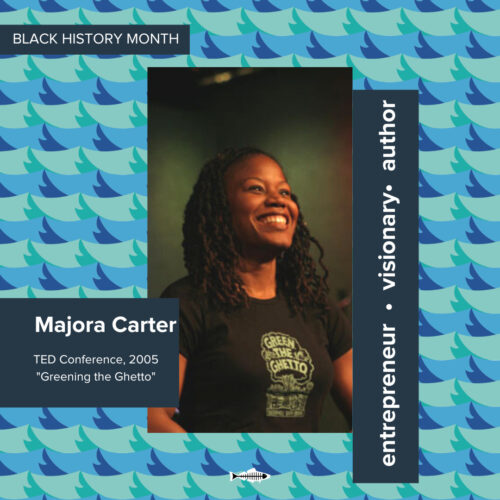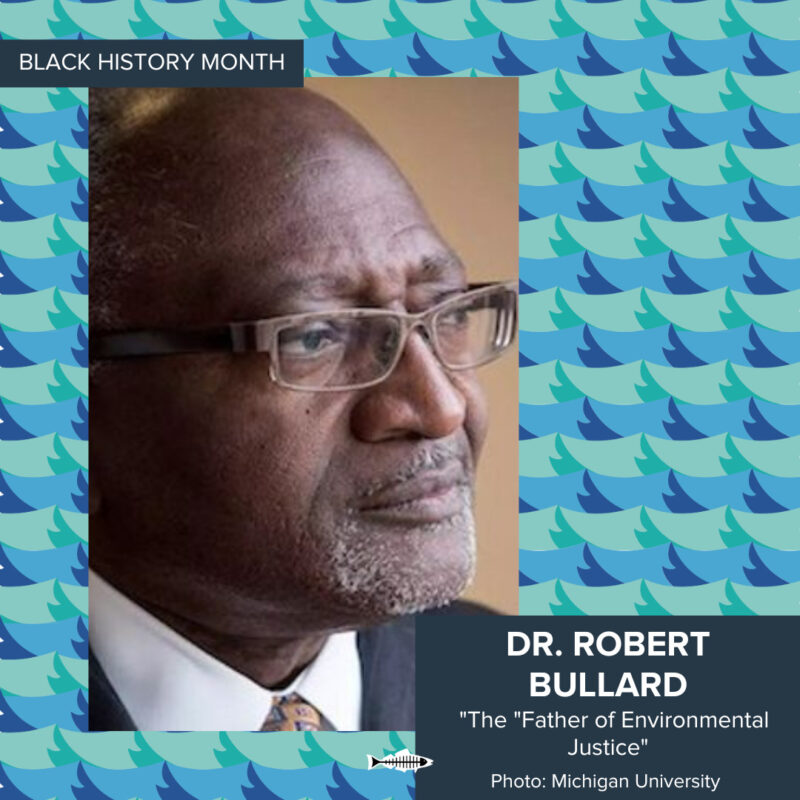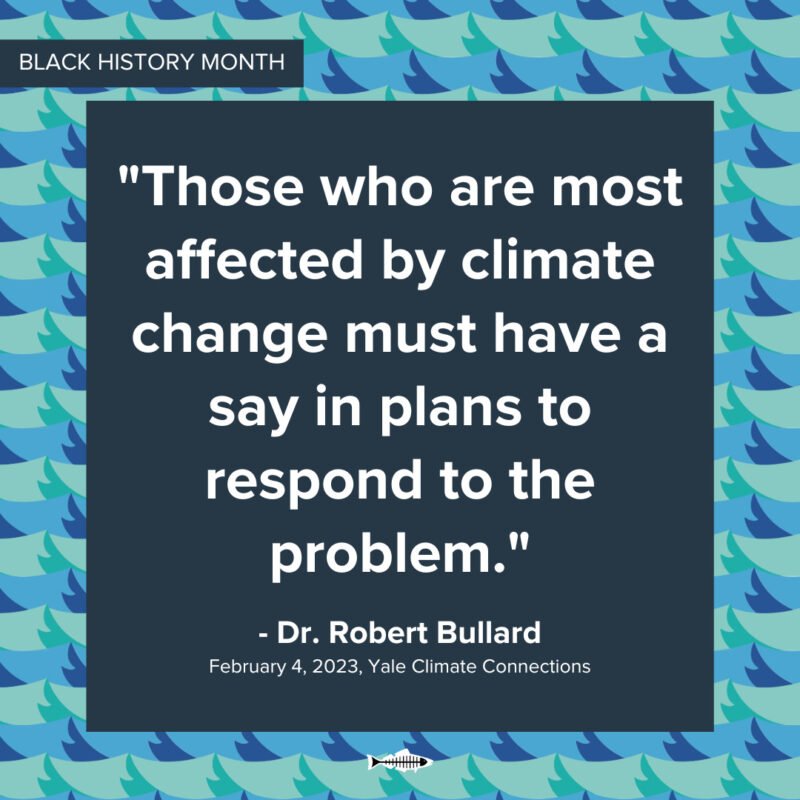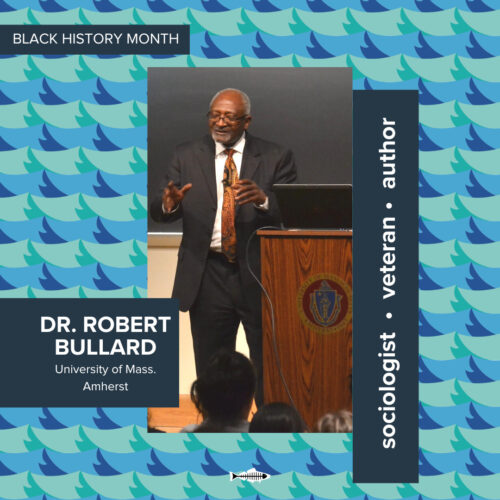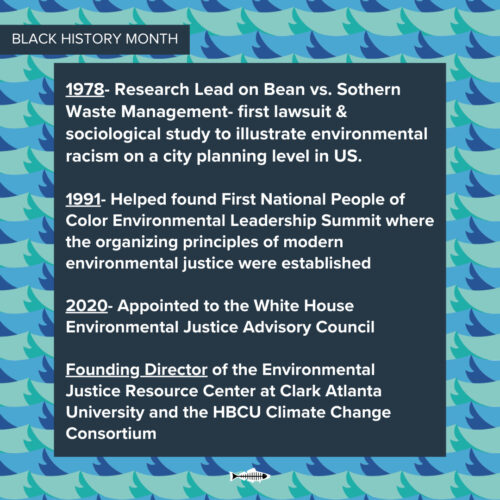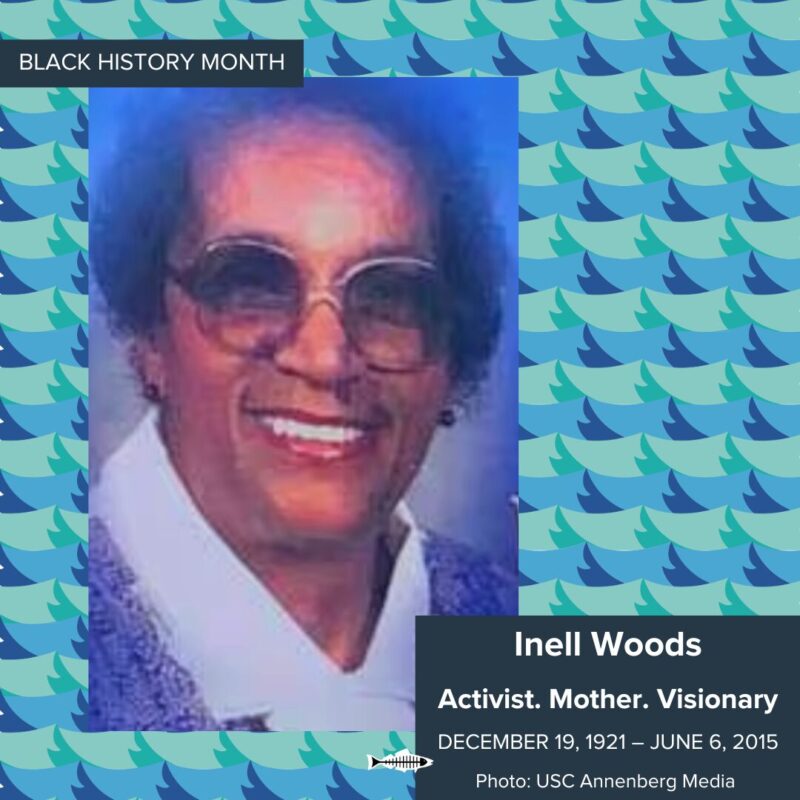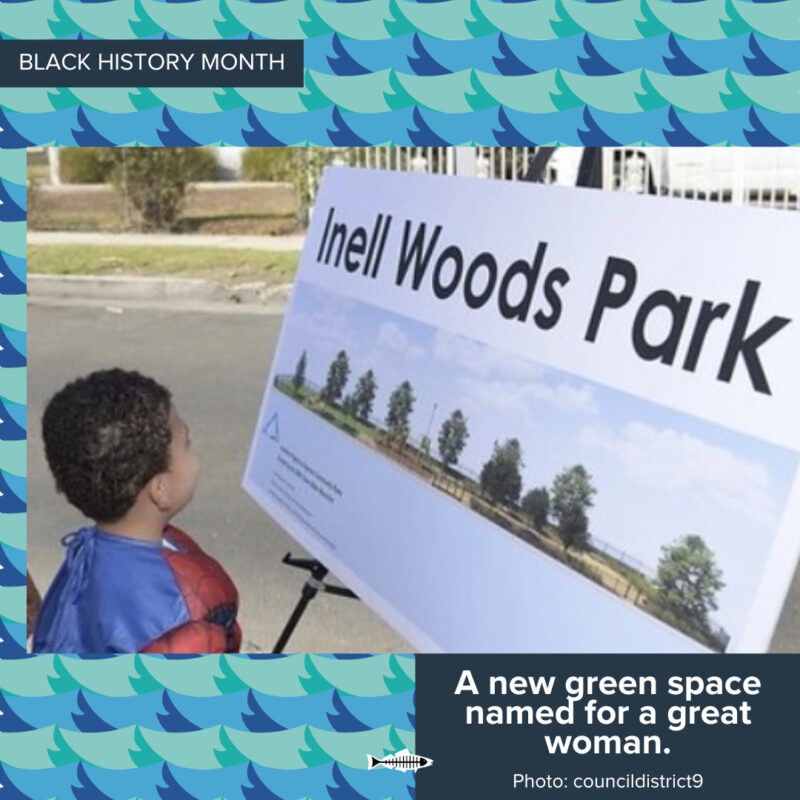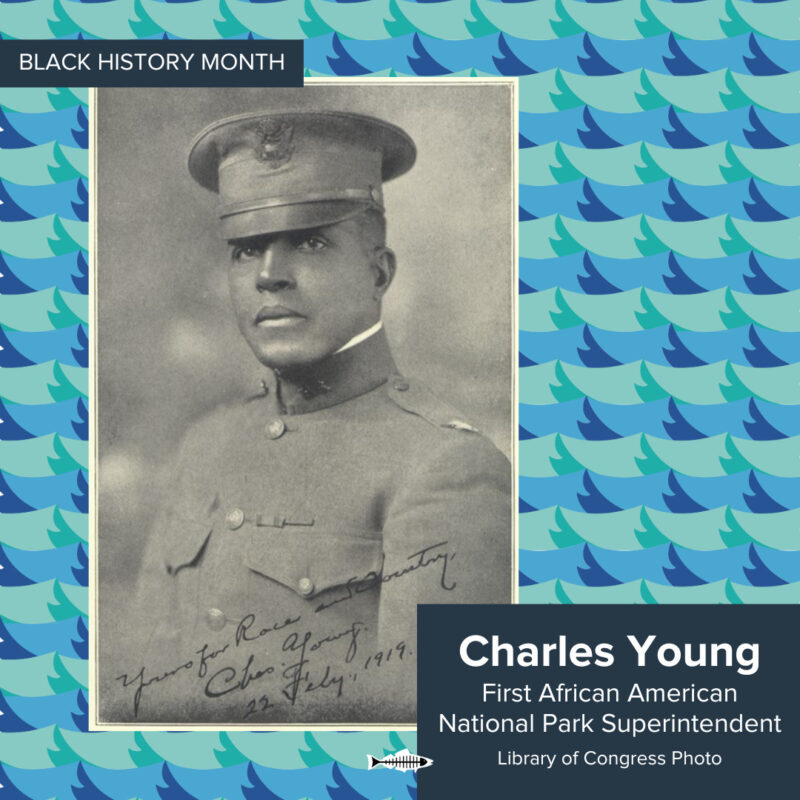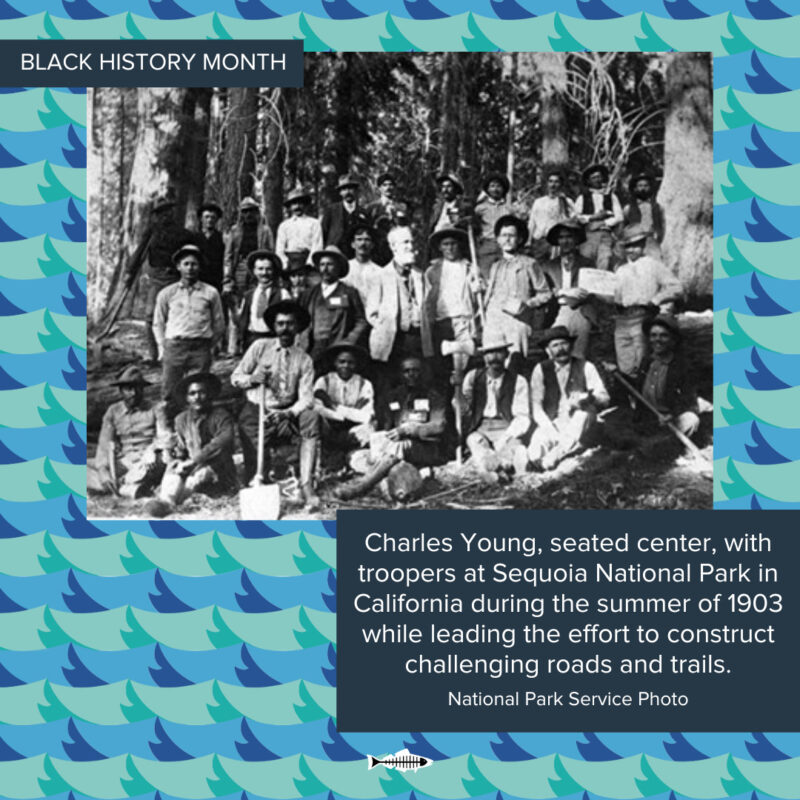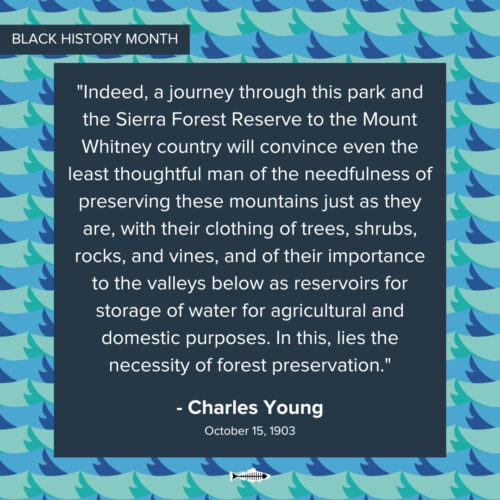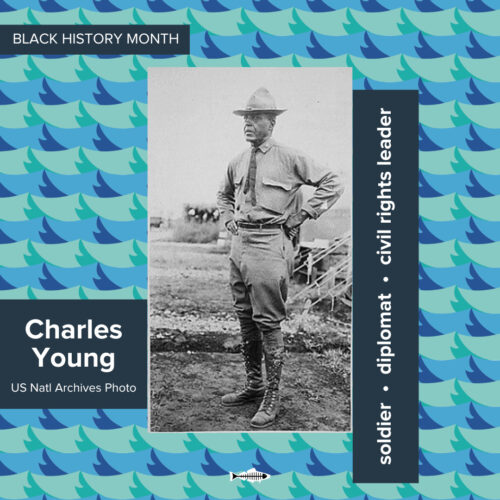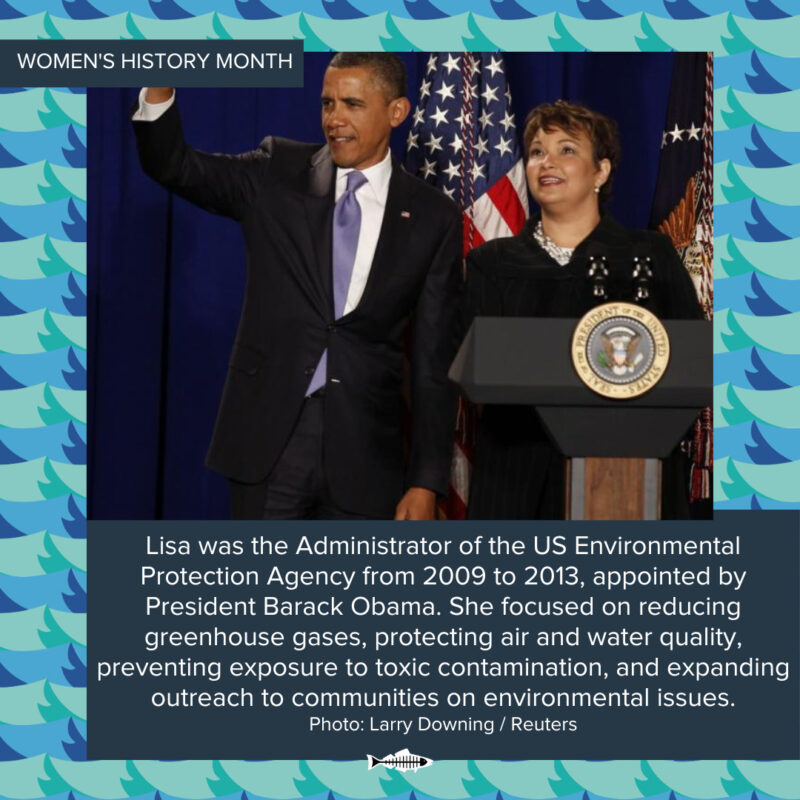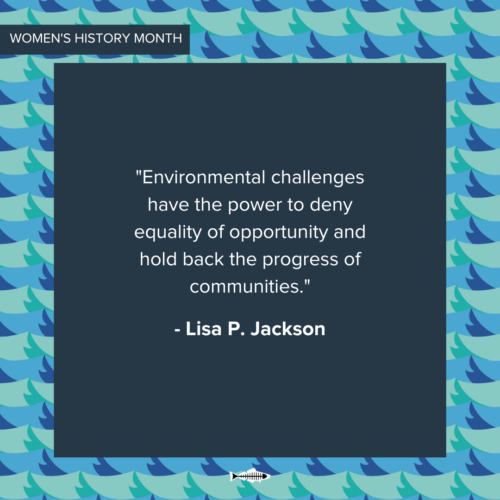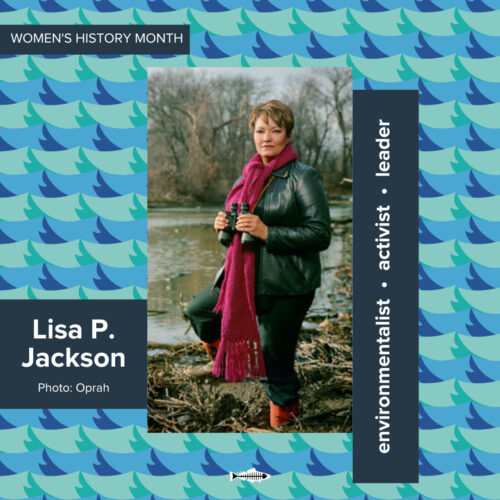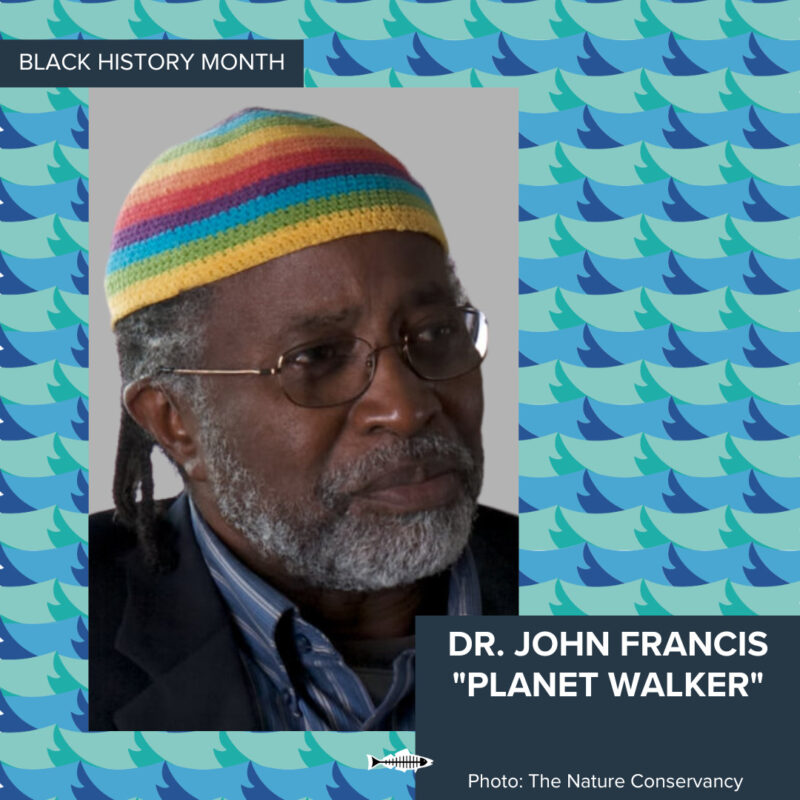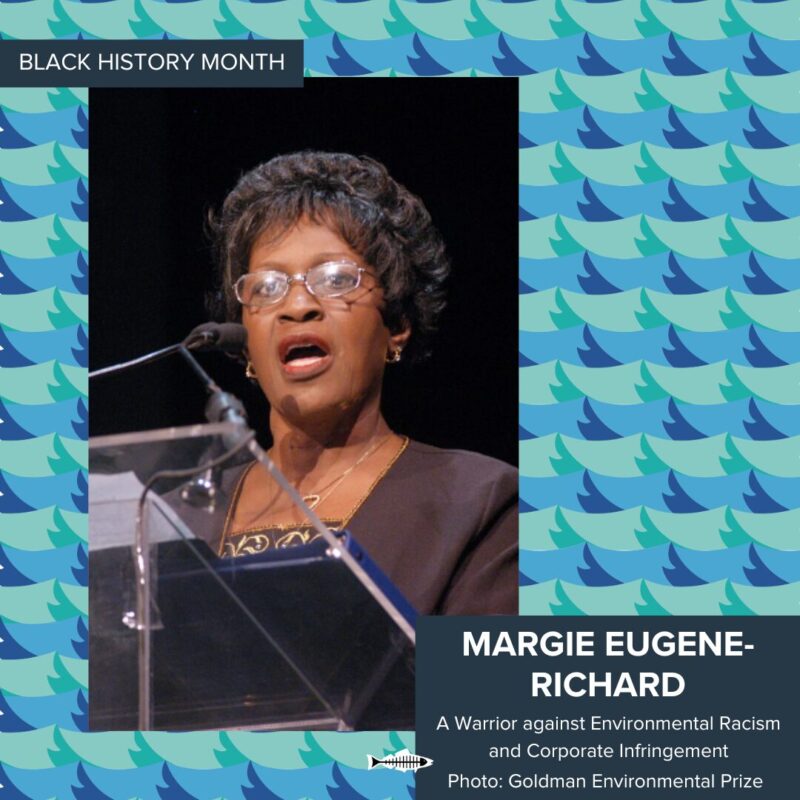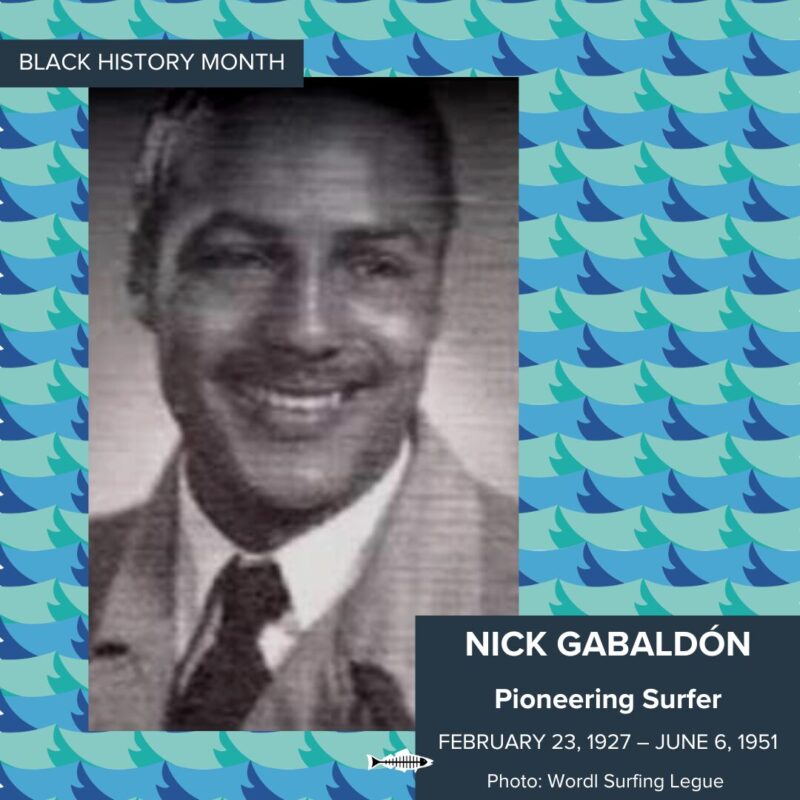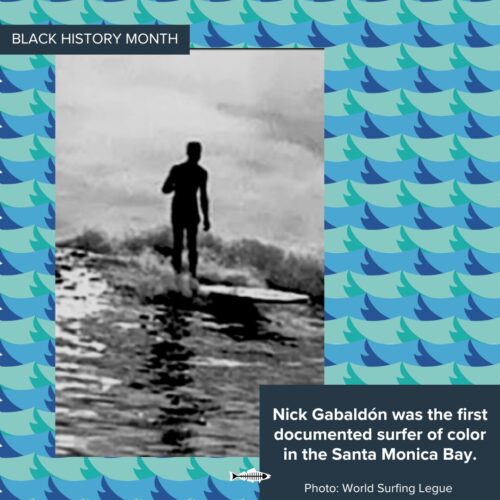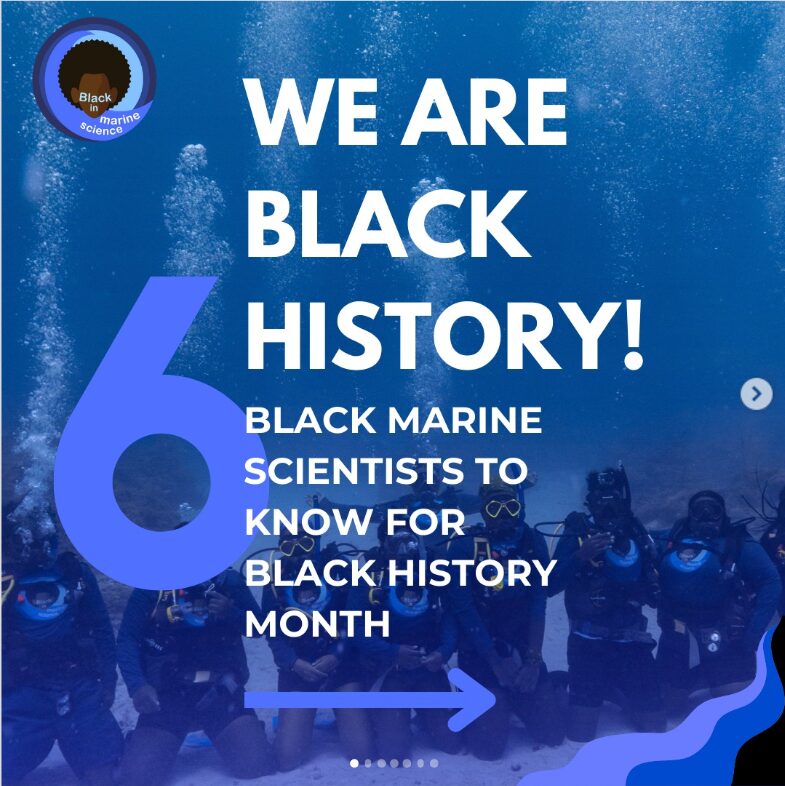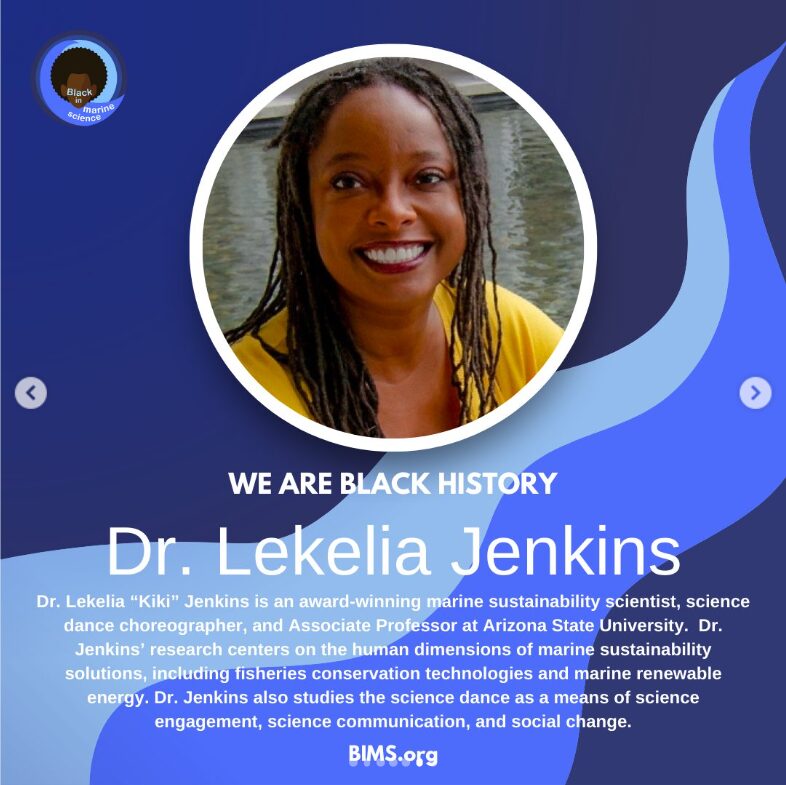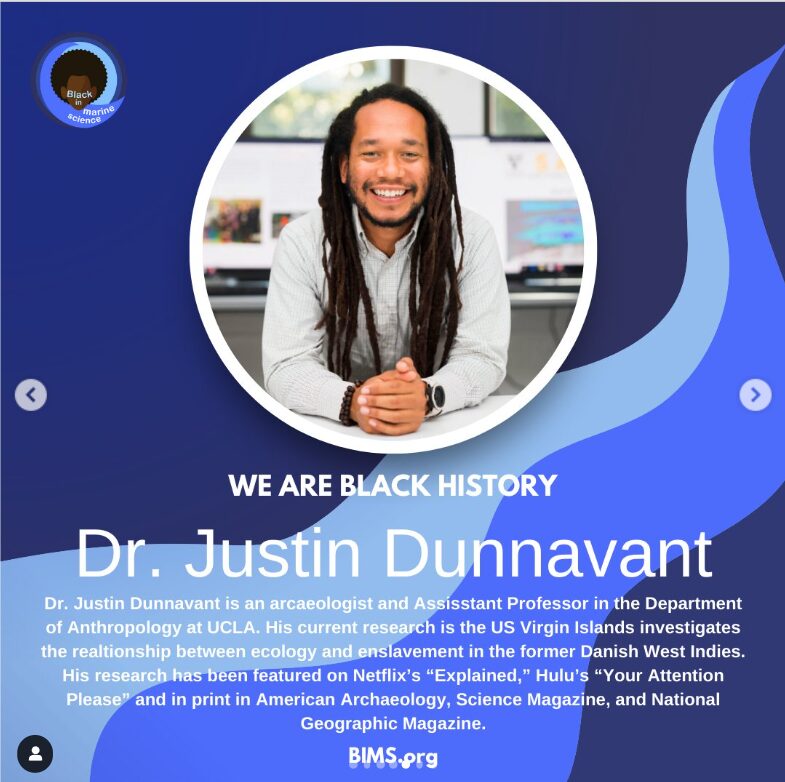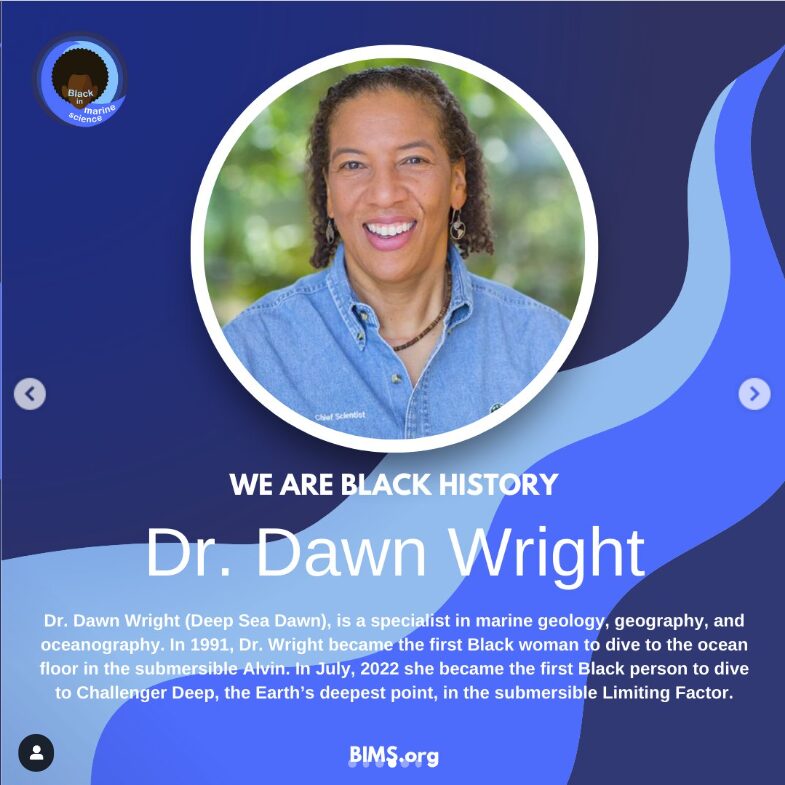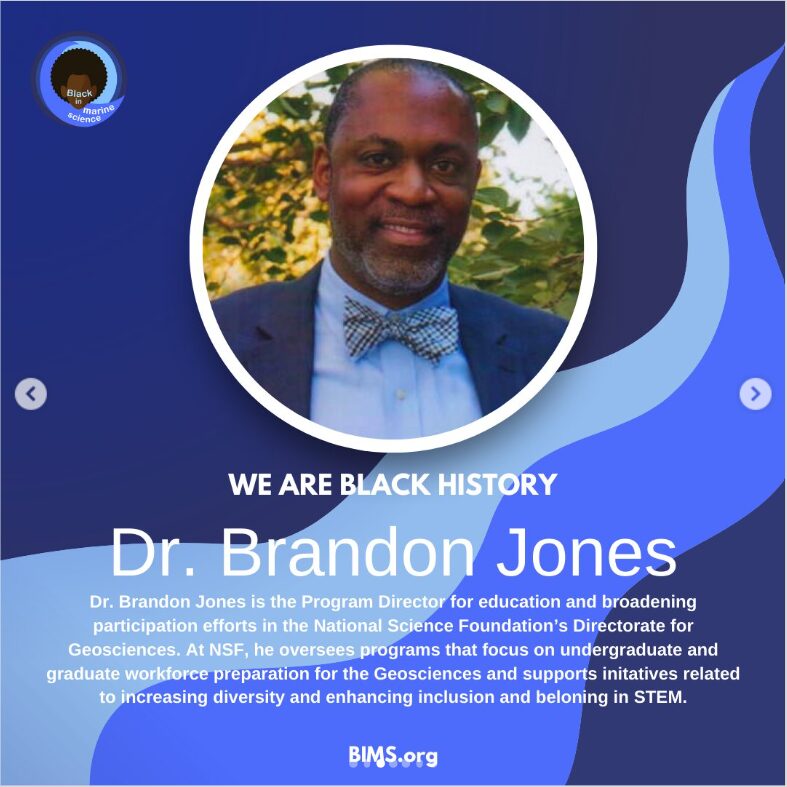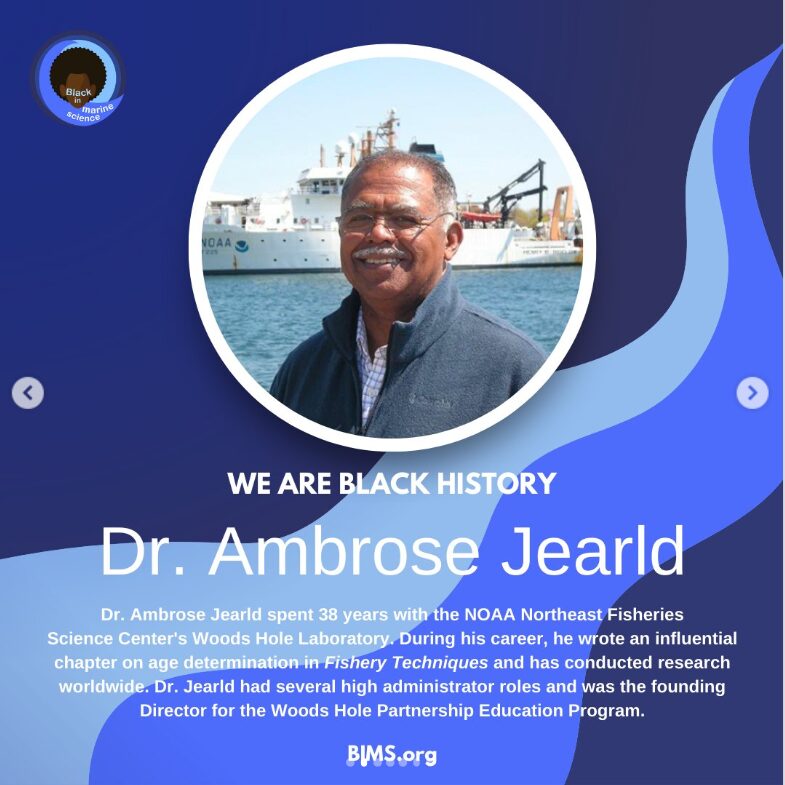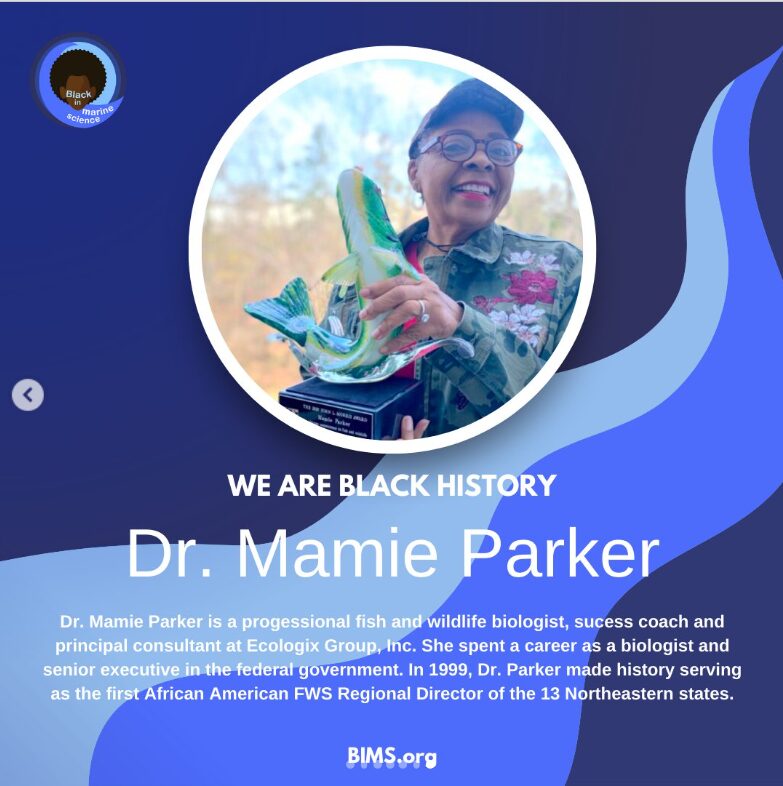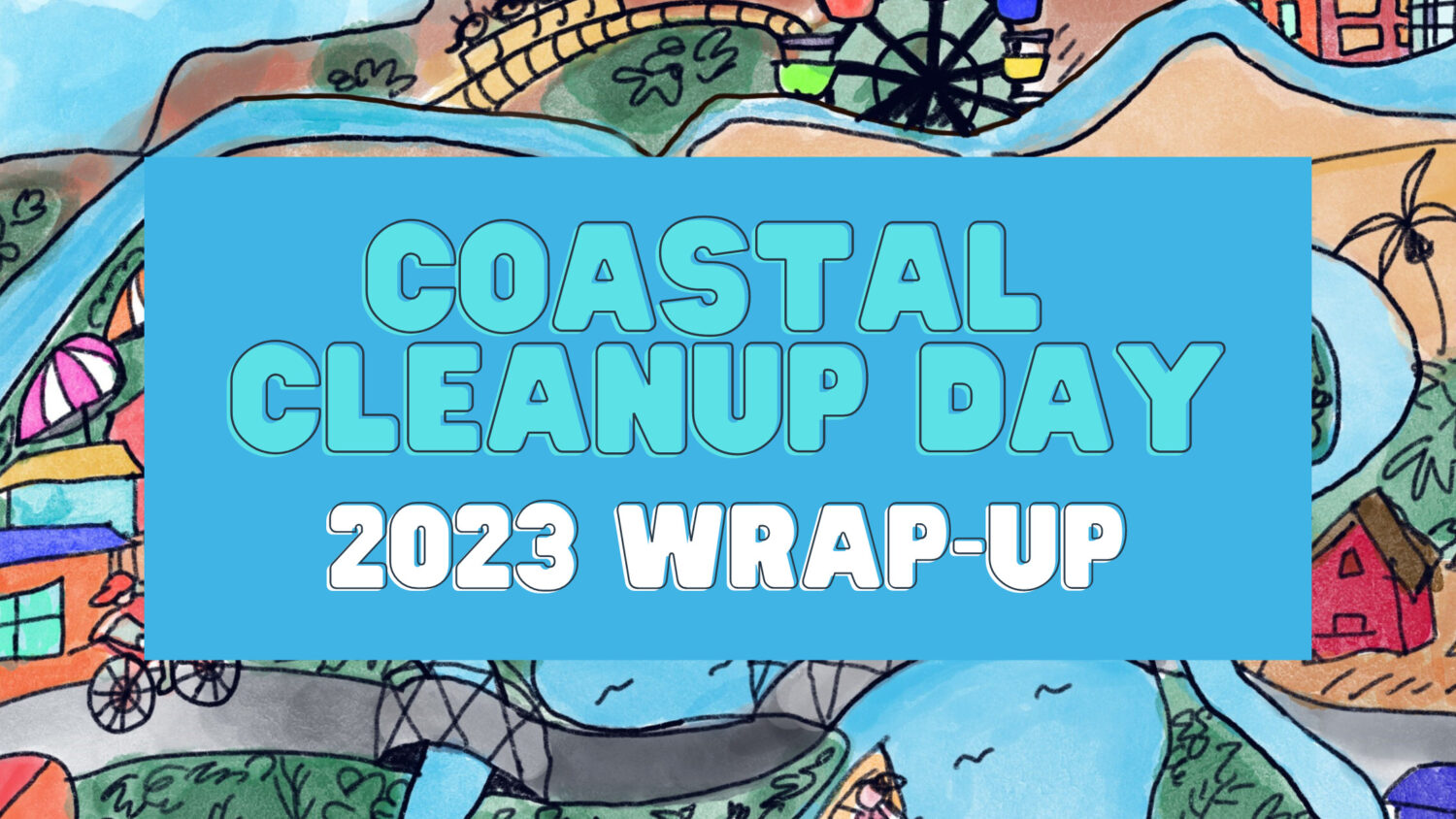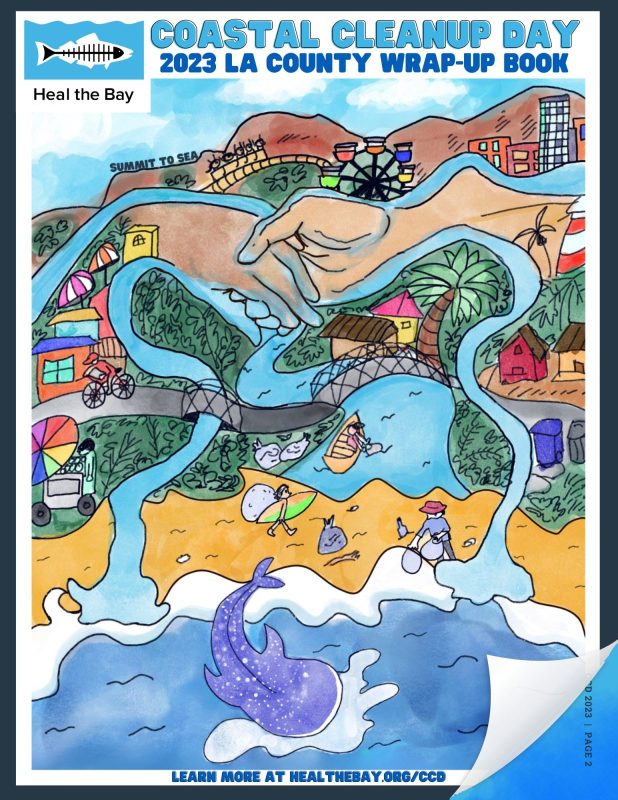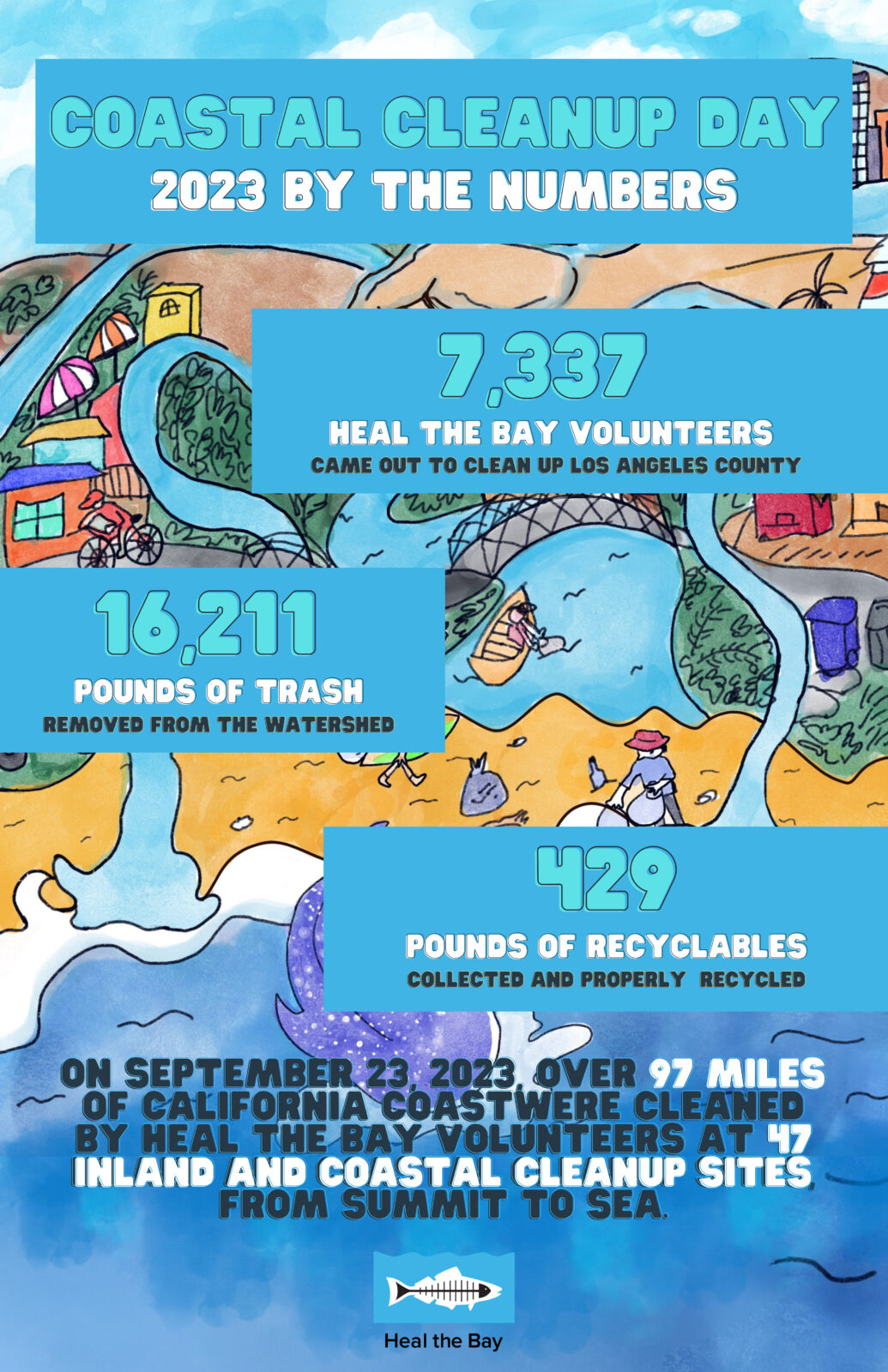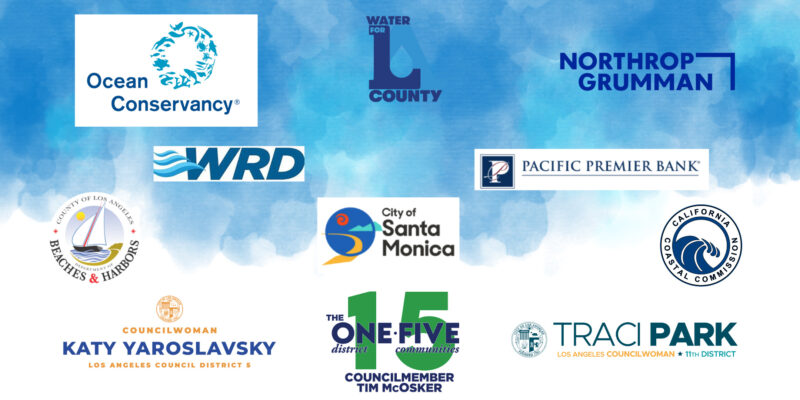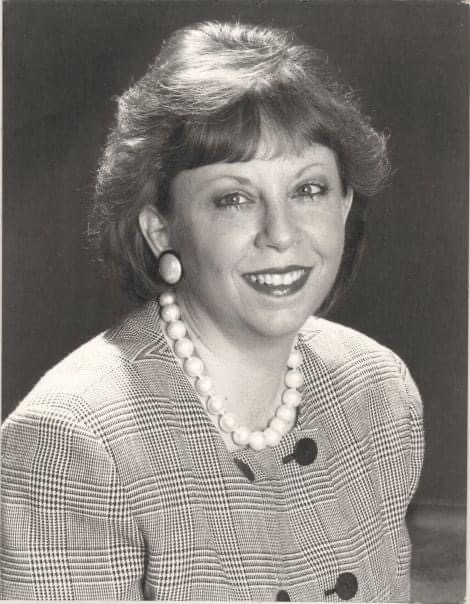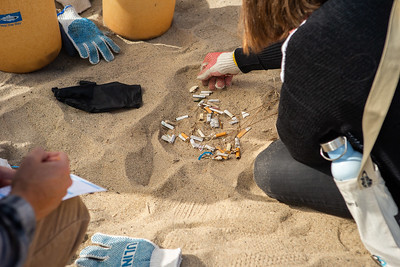The only thing our Water Quality Scientists love more than “Safe Clean Water”, is love! Here’s Heal the Bay’s list of the cuddliest spots for couples, friends, first dates, and everything in between, along the local California shoreline.
Forget crowded restaurants and overpriced (environmentally unfriendly) roses: Unveil the perfect Valentine’s Day with sparkling waters and sandy toes! ️
This year, ditch tradition and escape with your someone special to a breathtaking beach paradise right here in Southern California. Picture yourselves strolling along the shore at sunset, the sky ablaze with color. Sounds pretty dreamy, right?
But wait, there’s more! We’re not just talking about beaches. We’ve curated a list of secluded, romantic havens (including beaches, lakes, and rivers) with A+ water quality ratings and positive environmental impacts that will warm the heart and beckon for exploration. No murky waves or questionable cleanliness here – just lovely local waterside wonders perfect for making unforgettable memories. ️
Whether you crave classic California sunsets or romantic river staycations, our list has the perfect destination for your love story, adventure with a friend, or self-love solo escape into the outdoors. So, pack your beach bag, grab your sweetheart, and get ready to dive into a Valentine’s Day unlike any other!
Ready to discover your ideal romantic beach escape? Your next friendly freshwater getaway? The perfect LA lakeside love nest? Scroll down and let the adventure begin!
Note: Many of these beaches contain hikes, PV trails, bike paths and pathways that may have recently closed due to land movement and recent storm events. Please check the Los Angelese County Park and Recreation website before visiting any trails and heed any closure signs.
Here are the top spots we love for love (and their great Beach Report Card water quality grades too!):
Point Dume State Beach and Natural Preserve, Malibu
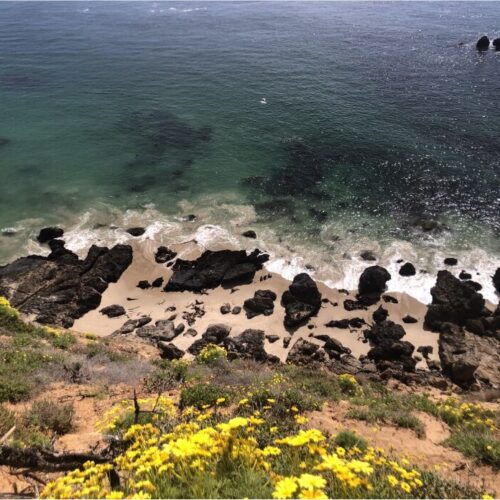
Source: Heal the Bay MPA Watch Team (https://healthebay.org/mpa/)
What we love about it: Prepare to be mesmerized by two miles of scenic bluff trails at Point Dume State Beach and Nature Preserve. Whether you’re seeking a romantic stroll hand-in-hand or an invigorating hike, these trails offer breathtaking ocean views encircling a Marine Protected Area where wildlife thrives. Parking is a breeze at Point Dume. A conveniently located lot sits right next to the preserve, and additional free parking options are available along Westward Beach Rd. and Grasswood Ave. This accessibility makes Point Dume ideal for beach lovers, hikers, and anyone seeking a nature escape.
What to do here: Embark on diverse hiking trails, each offering unique perspectives. Look out for curious sea lions sunning themselves on the bluffs below, playful dolphins flitting through the waves, and, during their December-April migration, magnificent gray whales breaching in the distance. Witness the thrill of surfers riding the waves on the north side or (when safe to do so) delve deeper into the underwater estuary with snorkeling or scuba diving. Point Dume even caters to adrenaline enthusiasts with its popular rock-climbing spots. Prepare for an abundance of onshore and offshore recreational activities!
Water Quality/Water quality improvement elements: Rest assured, the water quality at Point Dume is pristine. According to our Beach Report Card, it boasts an A+ rating, signifying excellent water quality and guaranteeing a safe environment for swimming, sunbathing, and exploring.
Ginger Rogers Beach, Malibu
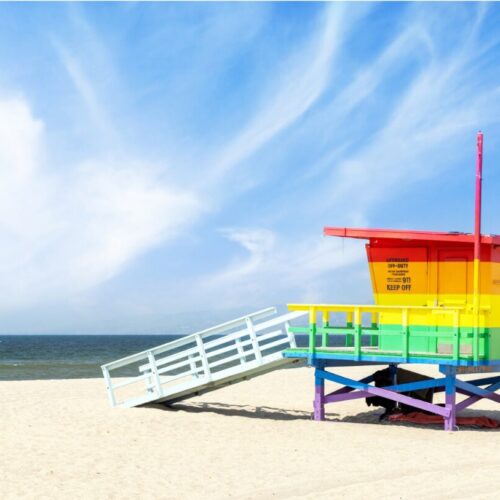
Source: https://smmirror.com/2023/05/lifeguard-towers-at-will-rogers-beach-to-be-painted-with-pride-colors/
What we love about it: Love knows no bounds, and neither should your Valentine’s Day celebration! Escape the ordinary and head to Ginger Rogers Beach, a cherished haven for Los Angeles’s vibrant LGBTQ+ community since the 1960s. Embrace the ocean breeze on this special stretch of Will Rogers Beach, just 15 miles from West Hollywood. Accessibility is a breeze: convenient parking, a dedicated bike path, and the Santa Monica Blue Bus 9 stopping nearby ensure stress-free arrival. So, ditch the traditional and celebrate your love in a vibrant, welcoming atmosphere where every couple shines just as brightly as the California sun.
What to do here: Proudly stroll hand-in-hand along the shore with laughter echoing amidst volleyball games, and maybe even join one of the spontaneous beachside dance parties this spot is known for as the sun sets. Celebrating “big love” with your whole crew? Don’t forget to take some group selfies at the #Pride Flag Lifeguard Station. Whether you’re seeking sun-kissed relaxation or playful competition, Ginger Rogers Beach offers something for every love story.
Water Quality/Water quality improvement elements: This beach boasted an A+ rating on January 21st, 2024, but check the Beach Report Card app for real-time updates as recent storms may impact water quality. (beachreportcard.org)
Torrey Pines, San Diego
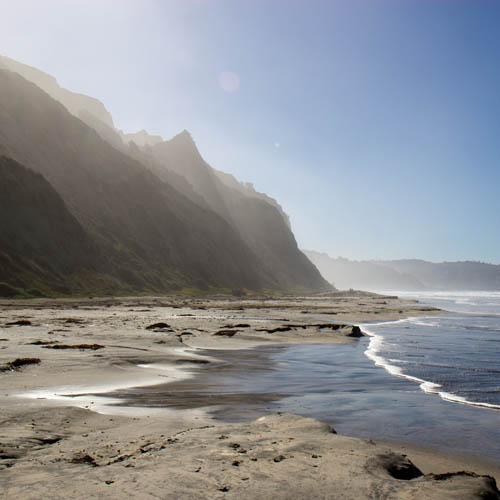
Source: Dan_H, flickr
What we love about it: Torrey Pines State Beach has picturesque views of the San Diego coastline and the adjacent Torrey Pines State Reserve is filled with little trails leading down to the shore. We recommend that you only take marked trails and watch your footing, but the views are worth the adventure.
What to do here: We love the Torrey Pines Trail to Black’s Beach in the morning for a beautiful way to start your day. Fair warning: some nudists like to visit this beach as well.
Water Quality: The only sampling site at Torrey Pines is at the Los Penasquitos Lagoon outlet. That site received good grades in our most recent annual Beach Report Card.
La Jolla, San Diego
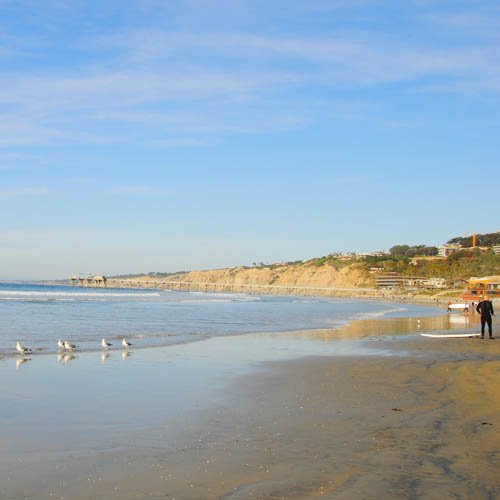
Source: Wikipedia Commons
What we love about it: This spot is great for lovers and families alike, with plenty of adventure to be had by all ages.
What to do here: This is the perfect spot for a SUP (stand-up paddleboard) adventure, snorkeling, kayaking, or even just a picturesque walk along the beach. For stunning ocean views over dinner, check out the Marine Room at the La Jolla Beach and Tennis Club.
Water Quality: La Jolla Shores received great grades in our annual report last year.
Victoria Beach, Orange County
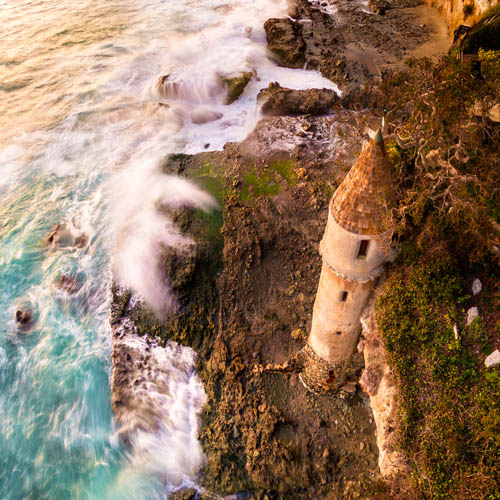
Source: Daniel Peckham, Flickr
What we love about it: Straight out of a fairy tale, this shoreline spot is guarded by La Tour, a 60-foot castle-inspired tower. Built in 1926, the structure provided beach access for a home on the cliff above.
What to do here: Looking to be someone’s knight in shining armor? Look no further. To get here, walk to the north end of Victoria Beach in Laguna Beach, around the bluff, and past another sandy section of beach. (This is a privately owned structure, so while you can walk up to it, please do not try to go inside or climb on the structure.)
Water Quality: Victoria Beach received A+’s across the board in our last annual report.
Crystal Cove State Park, Orange County
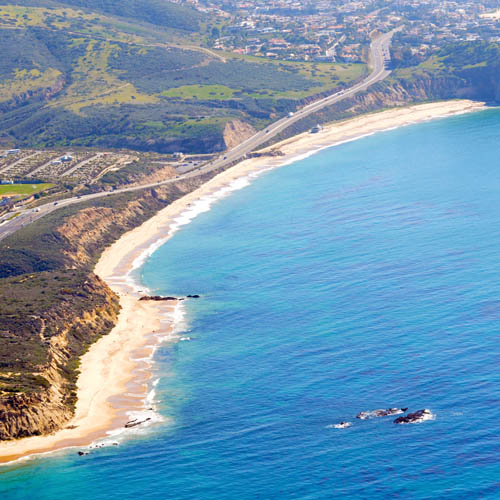
Source: Wikipedia Commons
What we love about it: With such a long swath of open sandy shores, this is an ideal spot for a romantic seaside stroll, or perhaps for a love-inspired photoshoot.
What to do here: If you’re looking for post-beach walk eats with an ocean view, the Beachcomber Café is a fun option.
Water Quality: Crystal Cove has great water quality in the summer or whenever the weather has been dry. Given the buckets of rain we have (thankfully) gotten this year, make sure to heed any beach posting signs you may see.
Palos Verdes Peninsula, Los Angeles
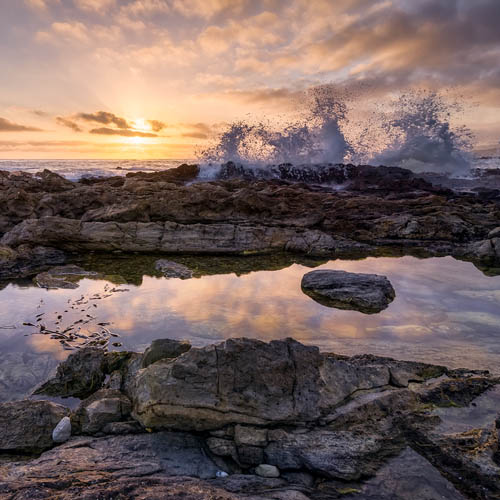
Source: Mark Esguerra, The Marke’s World
What we love about it: We love the PV areas so much, that we had to lump the whole peninsula together as one of our top locations. Palos Verdes wraps around from the base of the South Bay down to San Pedro and features beautiful neighborhoods, coastal trails, clean beaches, and tidepool adventures.
What to do here: For those seeking marine biology-inspired adventures, plan your visit during low tide to explore the tidepools at Abalone Cove. For a scenic hike and a secluded rocky beach, don’t miss Palos Verdes Bluff Cove.
Water Quality: Seeking a beach escape with guaranteed sparkling waters? Look no further than Abalone Cove Shoreline Park, a jewel nestled within the Palos Verdes Peninsula. Not only is Abalone Cove recognized as an Honor Roll beach, signifying top-notch amenities and impeccable upkeep, but the entire Palos Verdes Peninsula boasts an A+ rating on our Beach Report Card, assuring pristine water quality for swimming, sunbathing, and creating unforgettable memories.
El Matador State Beach, Malibu
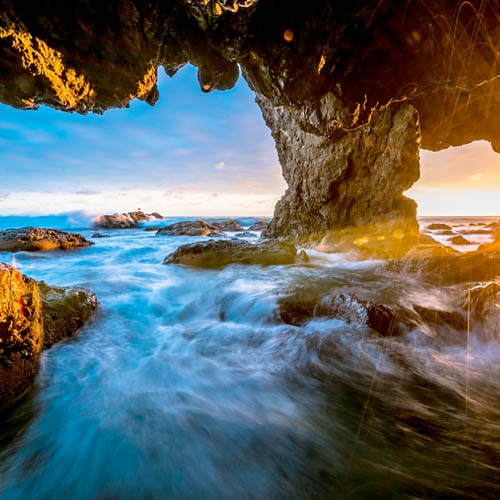
Source: Elliot McGucken, 500px
What we love about it: El Matador Beach is characterized by dramatic cliffs, hidden coves, and even secret sea caves, evoking the atmosphere of a Hollywood romance scene. Whether you’re igniting a new flame or spending time with a longtime partner, El Matador is sure to kindle your passion. Keep in mind that accessing the beach requires descending stairs.
What to do here: Explore the dramatic landscape, take Instagram-worthy photos, find little hideaway spots for you and your date to share secret kisses, and wrap up your evening with a gorgeous sunset view. Please note that parking can cause a little heartache as spaces are limited.
Water Quality: Beyond the captivating rock formations and breathtaking scenery, El Matador Beach boasts another hidden gem: impeccably clean, A+-rated water quality. As recognized by our Beach Report Card, this Honor Roll beach guarantees safe, clean, sparkling waves perfect for a day at the beach.
Arroyo Burro, Santa Barbara
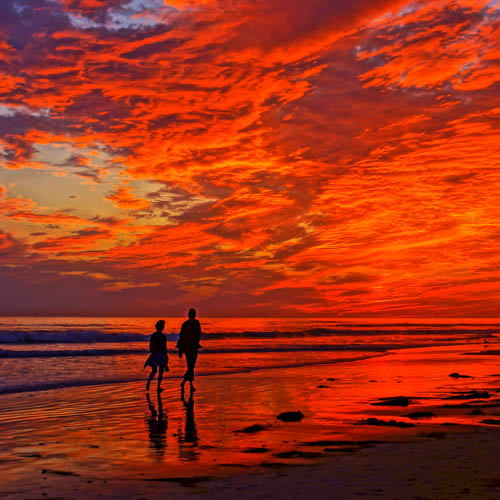
Source: Damian Gadal, flickr
What we love about it: Santa Barbara is the perfect little getaway for a weekend of romance. If you’re looking for some time together to rest, rejuvenate, and rekindle the fire, Santa Barbara is the perfect place.
What to do here: We love Arroyo Burro for a sunset walk, and with plenty of parking and restroom access it’s a stress-free beach walk experience.
Water Quality: Arroyo Burro has great water quality in the summer or whenever it has been dry enough that the creek hasn’t been breached. Make sure to heed any beach posting signs you may see if you’re feeling like taking a dip. But if the creek is flowing, be sure to stick to the sand over the waves.
Freshwater Sites
Madrona Marsh, Torrance
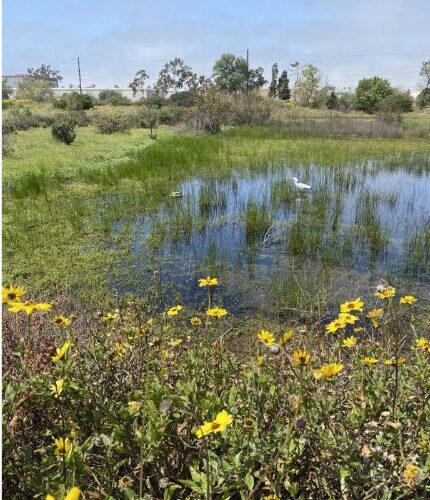
Source Safe Clean Water Team (https://healthebay.org/safecleanwater/)
What we love about it: More than just a mall neighbor, Madrona Marsh is a vibrant ecosystem thriving in the heart of Torrance. This beautiful seasonal wetland boasts unique vernal pools teeming with diverse life, from fascinating birds and insects to curious animals and aquatic wonders. Escape the hustle and bustle by venturing onto the multiple trails that weave through the pools and wetlands, immersing yourself in nature’s tranquility.
What to do here: It’s a wonderful place to take a walk with a loved one and enjoy nature. Slow down, soak in the vibrant hues of California poppies and sunflowers and become captivated by the symphony of birdsong. Let the serenity of the marsh wash over you as you reconnect with nature and each other.
Water Quality/Water quality improvement elements: Beyond its beauty, Madrona Marsh plays a vital role in environmental sustainability. The marsh uses nature-based solutions to treat stormwater from the surrounding neighborhood! Water is pumped into a modular wetland system where it is cleaned using a pre-filtration chamber, biofiltration with vetiver (a non-invasive perennial grass) that removes pollutants, and then the filtered water is pumped to wetlands at the marsh.
L.A. River at Benedict St. in Frogtown, Los Angeles
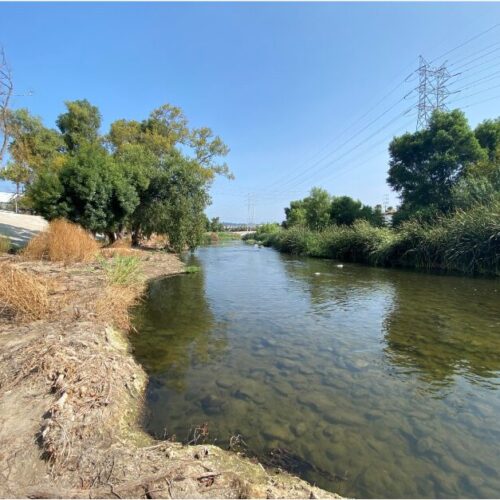
2023 Heal the Bay Stream Team
What we love about it: No need to kiss this frog to turn it into the “prince” of Valentine’s Day destinations. Frogtown, nestled between the bustling I-5 and the vibrant LA River, is a vibrant neighborhood. Chic outdoor cafes beckon with the aroma of freshly brewed coffee, perfect for cozy hand-holding moments. Imagine the gentle murmur of conversation blending with the soft city breeze, setting the stage for an unforgettable date. (Heal the Bay would like to acknowledge that gentrification has taken place here and would like to pay respect to the original neighborhood landmarks and communities).
What to do here: Embark on a hand-in-hand adventure along the picturesque LA River Greenway Trail. Cycle leisurely side-by-side, weaving through sun-dappled paths and enjoying the refreshing green spaces. If a slower pace beckons, find a quiet spot by the river’s edge, to sip a coffee from a nearby cafe and watch the water flow serenely next to your loved one. we advise against entering the water right now and outside of the open recreation season (May-Sept), but the scenic backdrop guarantees a picture-perfect memory.
Water Quality/Water quality improvement elements: During the 2023 summer Stream season, the L.A. River at Benedict St. achieved an impressive A+ rating on the River Report Card, confirming its excellent water quality permitted recreational activities during designated open seasons.
Rock Pool, Malibu Creek State Park
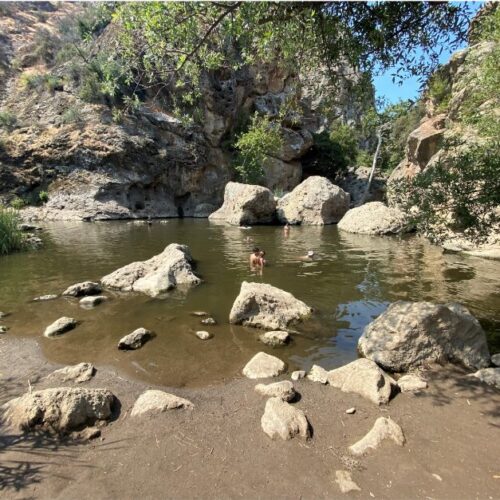
Source: 2023 Heal the Bay Stream Team (https://healthebay.org/2023-water-quality-successes-river-report-card-upgrade-and-summer-stream-team/)
What we love about it: Nestled roughly 1.5 miles from the parking lot, the journey itself to Rock Pool is a shared adventure. Prepare to be mesmerized by the picturesque surroundings – towering trees and lush greenery frame the crystal-clear waters. Trust us, the entrance fee is completely worth it.
What to do here: The swimming hole at this location is of considerable depth, perfect for a refreshing dip after a lengthy hike. After an exhilarating dip, spread out a cozy picnic under the shade of the trees or simply relax and dip your feet in the water.
Water Quality/Water quality improvement elements: This natural haven earned an A+ on the 2023 Summer River Report Card, signifying excellent water quality, guaranteeing a refreshing and safe escape for your love story.
Parks
Machado Lake in Ken Malloy Regional Park, Harbor City
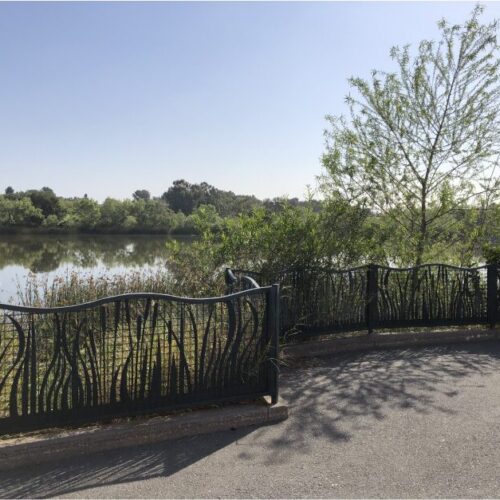
Source: Safe Clean Water Team (https://healthebay.org/safecleanwater/)
What we love about it: This natural lake isn’t just a body of water; it’s a vibrant ecological hub and a haven for recreation within the sprawling Ken Malloy Harbor Regional Park. This impressive park, one of the largest in Los Angeles, boasts a remarkable diversity of habitats, including Machado Lake itself, a seasonal freshwater marsh, a thriving riparian woodland, and even a nonnative grassland.
What to do here: Imagine your children giggling on the play structures, laughter filling the air during a family picnic at the designated tables, or the thrill of spotting diverse wildlife species. Fishing enthusiasts can try their luck with catch-and-release fishing, adding to the diverse activities available. You might even hear whispers of Reggie, the resident alligator who once called the lake home (trust us, Google him – you won’t be disappointed!).
Water Quality/Water quality improvement elements: Thanks to renovations originally funded by Prop O and other initiatives, the lake’s water treatment systems were revitalized to effectively remove pollutants like trash, bacteria, and even oil and grease. Now, thanks to the Safe, Clean Water Program, regular upkeep ensures the continued health of this vital ecosystem.
Ladera Park, Los Angeles
What we love about it: More than just a park, Ladera is a testament to sustainable practices and community connection where you can make a love connection. Thanks to funding from the Safe, Clean Water Program, this park has implemented smart solutions (like infiltration wells) to capture and permeate stormwater and non-stormwater runoff, ensuring a healthier environment for everyone. Here rainwater nourishes native plants instead of flowing into polluted waterways. Stroll hand-in-hand with your favorite environmentalist through paths marked with educational signage or enjoy lunch in this living classroom for visitors of all ages. The perfect outdoor date for those committed to each other, and sustainability.
What to do here: This park has it all – areas for parties and barbeques, playgrounds, sports areas, walking paths, and lots of large sycamore trees. Wildlife abounds and there are frequently western bluebirds, hawks, and more.
Water Quality/Water quality improvement elements: The impact goes beyond the park’s boundaries. By capturing and treating over half a million gallons of stormwater annually, Ladera Park significantly reduces harmful pollutants like bacteria and metals from entering nearby waterways. This contributes to a cleaner Centinela Creek, Ballona Creek, and ultimately, the ocean, benefiting countless species and the entire community.
Looking for beaches outside of SoCal? See our previous blog and check out recent water quality with Heal the Bay’s Beach Report Card.
Heal the Bay’s Beach Report Card is the only comprehensive analysis of coastline water quality in California. We grade more than 700 beaches weekly from Oregon to the Mexico border, assigning an A to F grade based on the health risks of swimming or surfing at that location.
Special thanks to the romantics on our Science, Outreach, and Water Quality Team:
Dr. Katherine Pease, Science, and Policy Director; Dr. Alison Xunyi Wu, Water Quality Data Specialist; Dr. Tania Pineda-Enriquez, Water Quality Data and Policy Associate Specialist; Nancy Shrodes, Senior Watershed Specialist, South Santa Monica Bay; Jillian Marshall, Communications Manager; and Leslie Griffin, former chief water quality scientist Heal the Bay.



